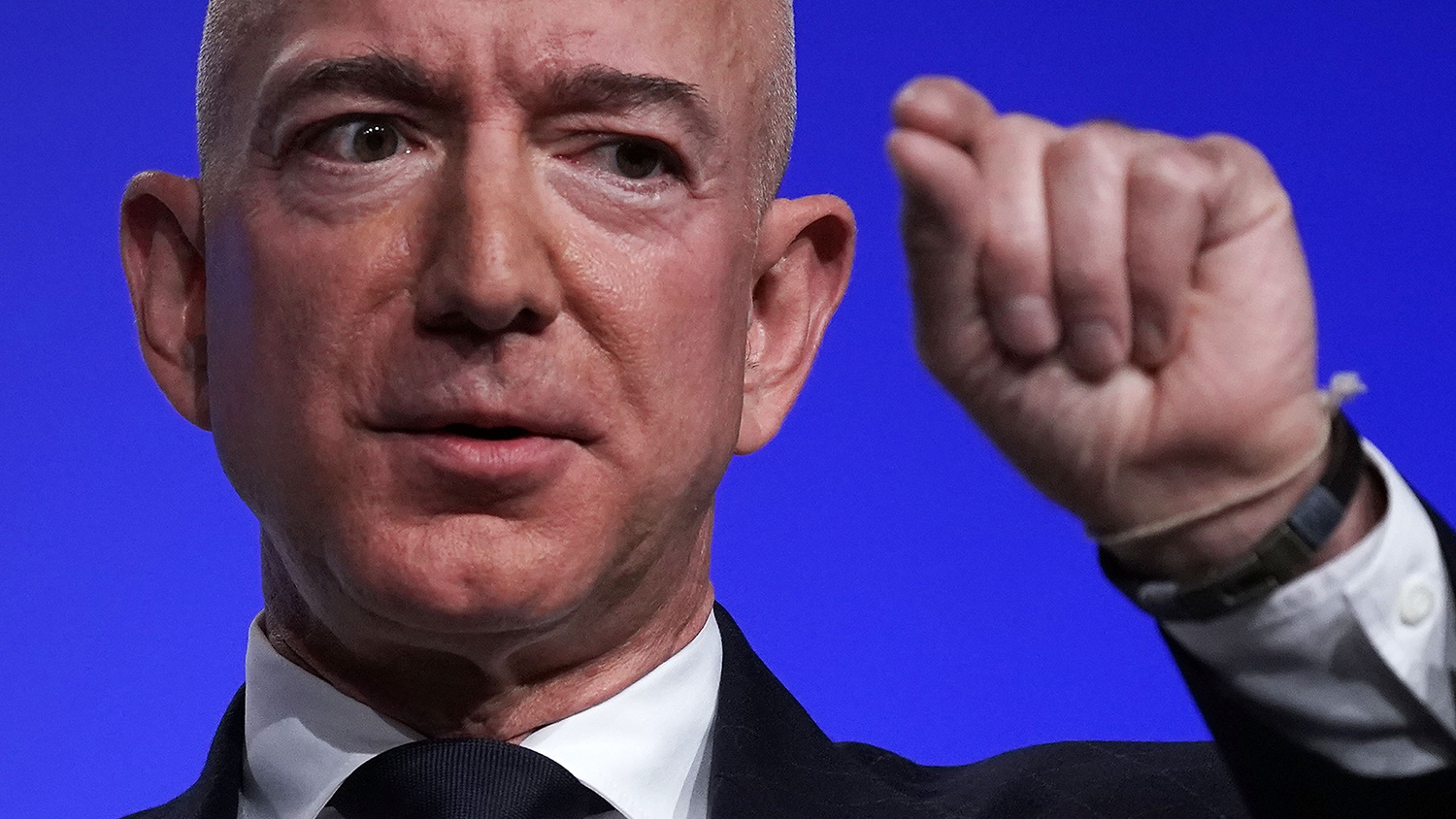jobs
Experts say we should only be working 15 hours per week, so why are some working 80?
▸
6 min
—
with
A study of 1.6 million people ties high incomes with more positive emotions and fewer negative ones, but only towards the self.
A new MIT report proposes how humans should prepare for the age of automation and artificial intelligence.
What would happen if the U.S. guaranteed every citizen a job with a living wage and benefits?
With 45% of recent college graduates under or unemployed, it’s time to explore new solutions.
The pandemic has given us an early glimpse at how truly disruptive the fourth industrial revolution may be, and the measures we’ll need to support human dignity.
How will leadership and hiring practices be changed by the COVID-19 crisis?
▸
with
A.I. hasn’t come for our jobs just yet, but it can figure out who is looking for a new one.
Robots may be able to beat us at chess, but they still have trouble when it comes to soft skills — making sense of human behavior.
▸
3 min
—
with
Future-minded companies are investing in soft skills and digital learning to empower their talent.
By putting yourself out there and overcoming anxieties, you just might land your dream job.
▸
3 min
—
with
Today, if a business wants to be successful, it should pay attention to employee fulfillment.
▸
9 min
—
with
A surprising study reveals how people feel about being replaced by robots in their jobs.
Extravagant plans to build Titanic II, a replica of the original White Star Line ship, are back in circulation.
Amazon raised its minimum wage for US workers to $15 per hour. Then, it took a bunch of other benefits away in what’s being called a “stealth tax.”
35 hours a week would be ideal, say over 1,000 Americans surveyed. Just how overworked are we, really?
What makes a job a great place to work? A sense of equity and ownership, says Michael Bush.
▸
5 min
—
with
Should we be scared of a robot job apocalypse? Not all at once, says Accenture CTO Paul Daugherty.
▸
5 min
—
with
Student loan debt is exploding in the U.S. That’s at least how New York Governor Andrew Cuomo characterized it while recently unveiling a set of measures to alleviate the burdens of debt in New York.
An MIT study predicts when artificial intelligence will take over for humans in different occupations.
From Abraham Lincoln’s founding of the National Academy of Sciences in 1863, to the US currently leading the world in the Nobel Prize count (a third of which we owe to immigrants), America was built on science. What happens when we doubt and defund it?
▸
12 min
—
with
Job automation will need to strike a delicate balance — we want enough to make our lives more comfortable, but no more than that.rn
▸
3 min
—
with
What did Nikola Tesla or Bertrand Russell think of fewer working hours? Can a good life only come from work — and if so how much of it, and what kind?
Bill Nye, CEO of The Planetary Society, offers an important 5-point plan for President Trump on space exploration and NASA’s budget.
A new report shows the marijuana industry is poised to have a major economic impact.
Elon Musk shared his thoughts on the future of jobs and the government’s role in a rapidly changing society.
It’s time we talked about working less. While some argue that we shorten the working week, others favor cutting out pointless, time-filler jobs altogether.


























